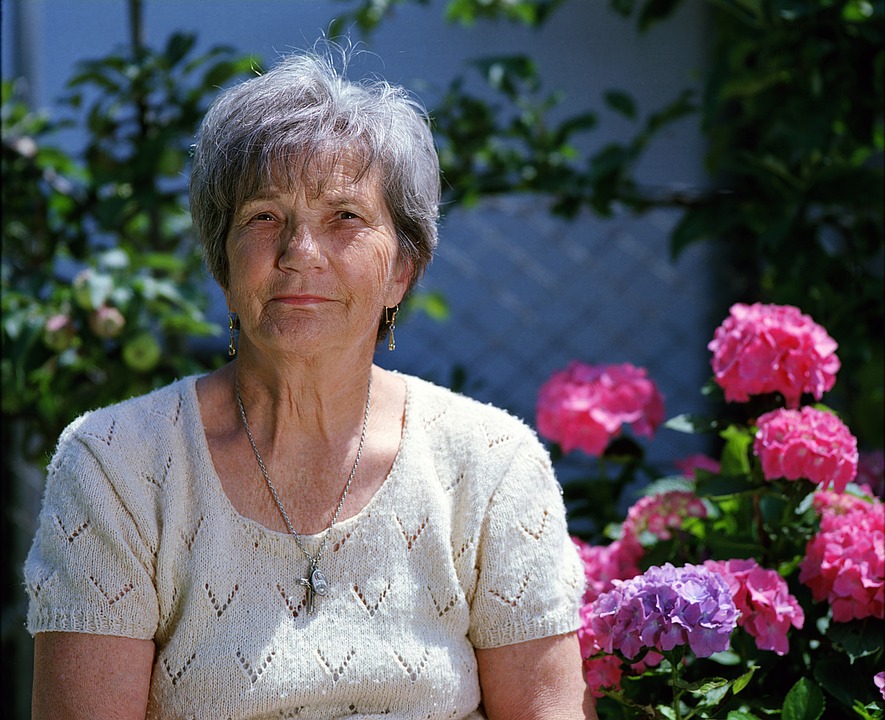
Five ways retirement will look different for women
July 7, 2019
While NolaBoomers.com is under construction, our articles can be found here on our sister site, Nola Family.
“…it is likely that a woman will not have as much in her retirement account as her husband…”
Women usually outlive men, so how will this affect retirement?
Most people regard estate plans as something needed for distributing your assets after you die. In reality, a good estate plan maps out how you want to live in retirement, long before your death.
Every person has a vision of their retirement days, perhaps traveling or on a beach with a book; however, careful planning is necessary to make this a reality. Especially for women, as shown by the following statistics according to the U.S. Census Bureau estimates, these plans should be made sooner, rather than later.
→ The annual gender wage gap shows that, currently, women make .80 cents for every dollar earned by a man. So, in order to have the same contributions paid into a retirement account, a woman may have to remain in the workplace longer.
→ Approximately 55 percent of women age 65 and older are married.
→ The average age that Americans retire is 62; however, to receive full social security benefits, the worker must wait until age 66 or 67 to retire. Accordingly, over 63 percent of workers retire by age 66.
→ According to the AARP Public Policy Institute, it is estimated over 26 million women provided unpaid care for others during the prior year. Therefore, many women may be leaving the workforce earlier than 66.
→ Women have an average life expectancy of approximately four years longer than men.
→ According to the Alzheimer’s Association, a 65-year-old woman has a one in six chance of developing Alzheimer’s Disease.
→ More than 70 percent of nursing home residents are women, with the average age of admission at 80 years old.
What do these statistics say about women in their retirement years?
First, because of the wage gap, it is likely that a woman will not have as much in her retirement account as her husband and, therefore, rather than just considering the timing and the husband’s needs in retirement, the couple should plan to provide for both individuals in retirement.
For the widow or an unmarried woman, she may not have as much in disposable financial resources and should develop a plan to stretch her assets longer as she may be living on her own for a longer period.
Second, these statistics point out what every woman already knows: she is likely to end up being the caregiver. She is the one who will likely leave the workforce before age 66 and will spend significant amounts of her time providing care for her family. Furthermore, more females will have control of the family’s assets as they outlive males, so women need to be financially savvy and have a plan in place to ease financial burdens.
Third, if the woman decides to remarry, specific estate planning may be necessary to ensure that the wishes of both individuals will be followed by their children or other family members. Even in families where everyone gets along, you need a good plan to keep the peace down the road after one spouse becomes sick or dies.
Fourth, more and more people are opting to live together outside of marriage, including owning assets together. Not only do these people need a plan for assets, they need to execute documents that will allow one of the individuals to access healthcare information and make decisions for the other person if that person is unable to speak for themselves.
Fifth, women need to plan for themselves if they should develop Alzheimer’s disease or any other debilitating illness. Since women comprise 70 percent of nursing home residents, it is important, while the woman still has mental capacity, to create a plan as to where she will reside and who will provide the necessary care.
Women need to protect themselves by considering all of these retirement issues, including an honest discussion with an attorney, in order to develop a good estate plan, encompassing not just directives regarding assets, but health care directives as well.
Women need to start caring for themselves as much as they do for the others in their lives in order to have an enjoyable retirement.
 Kathy Brown Van Zutphen is an attorney with offices in Gulfport, Miss., and New Orleans. She can be reached at 504.264.5899.
Kathy Brown Van Zutphen is an attorney with offices in Gulfport, Miss., and New Orleans. She can be reached at 504.264.5899.

